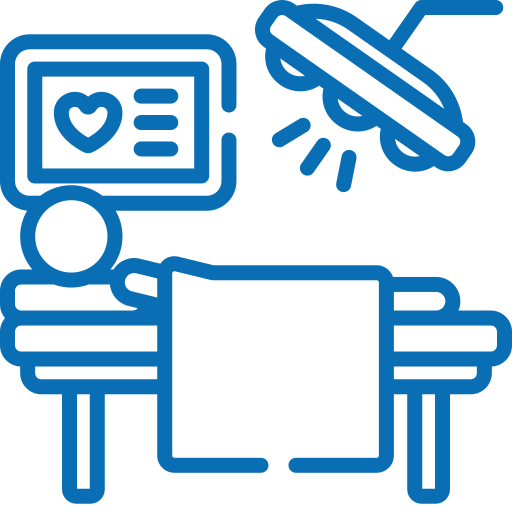In the ever-evolving landscape of healthcare, the field of pediatrics plays a pivotal role in ensuring the well-being of our youngest community members. From routine check-ups to managing complex medical conditions, pediatricians are at the forefront of promoting child health. In this blog post, we’ll explore key considerations for child health, shedding light on essential aspects that parents and caregivers should keep in mind.
Early Childhood Development
One of the primary focuses in pediatric care is early childhood development. From the moment a child is born, their physical, cognitive, and emotional growth is rapid and significant. Pediatricians emphasize regular check-ups to monitor developmental milestones, ensuring that any potential issues are identified and addressed early on. These check-ups also provide an opportunity for parents to discuss concerns and receive guidance on maintaining a healthy developmental environment at home.
Vaccinations and Preventive Care
Preventive care is a cornerstone of pediatric medicine. Vaccinations play a crucial role in protecting children against preventable diseases. Pediatricians follow a well-defined schedule for administering vaccines, offering protection against illnesses such as measles, mumps, rubella, and more. Staying up-to-date with vaccinations not only protects the individual child but also contributes to the overall community immunity, creating a safer environment for everyone.
Nutrition and Healthy Lifestyle
Proper nutrition is paramount for child health and development. Pediatricians work closely with parents to ensure that children receive a balanced diet that meets their specific nutritional needs. Additionally, promoting a healthy lifestyle, including regular physical activity and adequate sleep, is emphasized to establish lifelong habits that contribute to overall well-being.
Mental Health Awareness
Childhood is a critical time for mental health development. Pediatricians are increasingly addressing the importance of mental health screenings during routine visits. Identifying and addressing mental health concerns early on can prevent long-term issues and promote a positive mental well-being trajectory for the child. Open communication between parents, caregivers, and healthcare providers is essential in recognizing and managing mental health challenges.
Common Childhood Illnesses
Children are prone to various illnesses as they explore the world around them. Pediatricians guide parents in recognizing and managing common childhood illnesses such as colds, flu, ear infections, and allergies. Educating caregivers on when to seek medical attention and when home care is appropriate allows them to provide the best care for their children.
United States-Specific Considerations
In the United States, pediatric healthcare is structured to address the diverse needs of the population. Accessibility to pediatricians, well-equipped healthcare facilities, and insurance coverage are key factors influencing child health. Understanding local healthcare ensures that parents can navigate the system effectively and access timely care for their children.
Prioritizing pediatric healthcare is essential for promoting a healthy and thriving younger generation. Regular check-ups, preventive care, nutrition, mental health awareness, and understanding the local healthcare are all vital considerations for ensuring the well-being of children. By staying informed and actively participating in their child’s healthcare journey, parents and caregivers play a vital role in supporting the health and happiness of the next generation.
AbsoluteUrgentCare offers comprehensive pediatric care and expert guidance that meets the unique needs of your child. Our dedicated team is committed to providing compassionate and reliable healthcare services, ensuring the absolute well-being of your little ones.






















